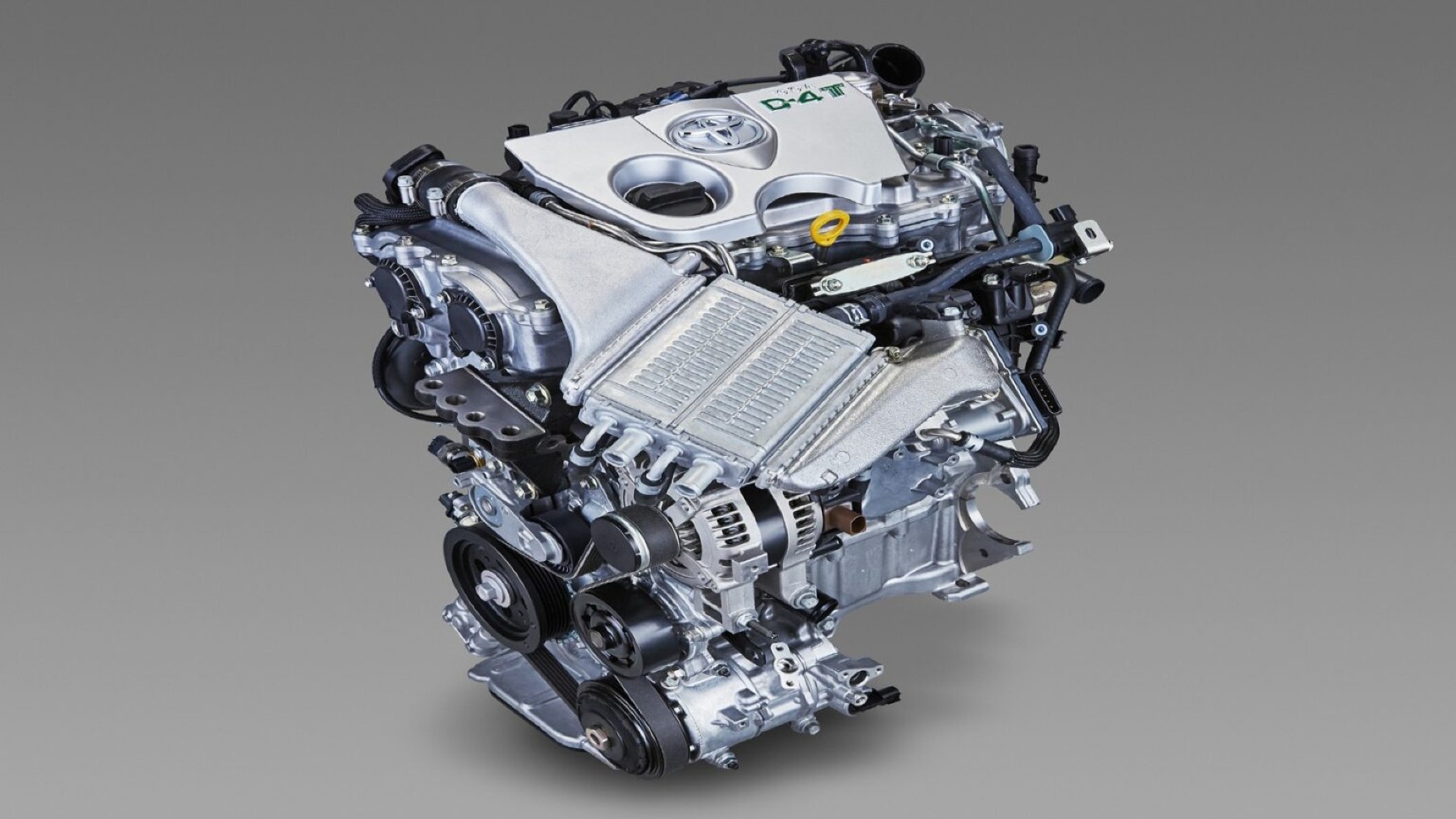Toyota's Innovative Leap: Embracing Hydrogen, Bioethanol, and Electric for Greener Engines
Key Ideas
- Toyota is developing engines that run on a combination of green fuels like hydrogen, bioethanol, and zero-emissions electric motors to reach net-zero carbon emissions by 2050.
- Their focus on adapting internal combustion engines to be more green makes alternative energy sources accessible globally, especially in regions not easily supporting electric vehicles.
- In addition to hydrogen, Toyota is pioneering biofuel development to make biofuels a large-scale production and accessible across emerging markets, along with committing to developing infrastructure to support these cars.
- The company's approach of embracing hydrogen, bioethanol, and electric technologies in their engines is seen as a practical and realistic solution to the global reliance on internal combustion engines, especially in regions like the global South.
Despite the global push towards electric vehicles (EVs), Japan's Toyota is making significant developments in hydrogen technology. Toyota is working on developing engines that run on a combination of green fuels like hydrogen, bioethanol, and electric motors with zero emissions, aiming to achieve net-zero carbon emissions by 2050. The company is not overlooking electric vehicles but is focusing on adapting internal combustion engines to complement electric motors in hybrid vehicles. This approach aligns with market preferences while also contributing to green energy efforts.
Toyota's collaboration with Denso has led to the development of standardized fuel injectors capable of atomizing hydrogen gas under pressure within combustion chambers, addressing challenges related to hydrogen combustion control. The company is also delving into bioethanol fuels as an addition to their green-energy initiatives. By concentrating on biofuels that are adaptable to engines and exploring options for pure biofuels, Toyota is paving the way for large-scale production in emerging markets.
Additionally, Toyota recognizes the global diversity in supporting electric vehicles and believes that adapting traditional internal combustion engines to be greener can have a more significant global impact. This strategy is especially relevant for regions like the global South, still reliant on internal combustion engines, where new infrastructure for electric vehicles is not easily feasible.
Toyota's commitment to making green energy solutions accessible worldwide is evident through their efforts to expand alternative energy sources and infrastructure, not only in established markets but also in emerging markets. By embracing a mix of hydrogen, bioethanol, and electric technologies in their engines, Toyota is positioning itself as a leader in sustainable automobile solutions.
Topics
Power
Infrastructure
Technology
Innovation
Sustainability
Automobiles
Global Market
Alternative Energy
Emerging Markets
Latest News
